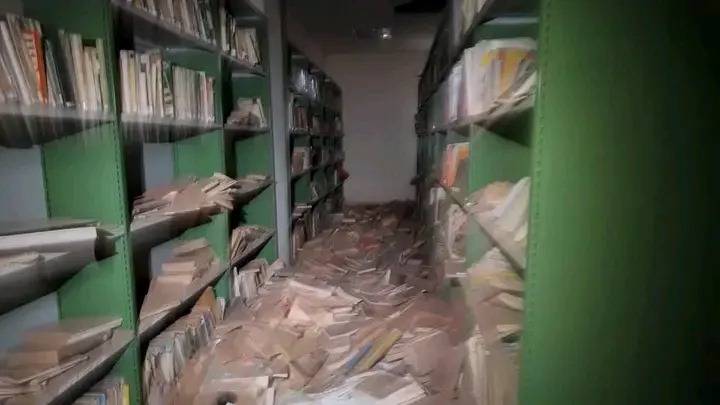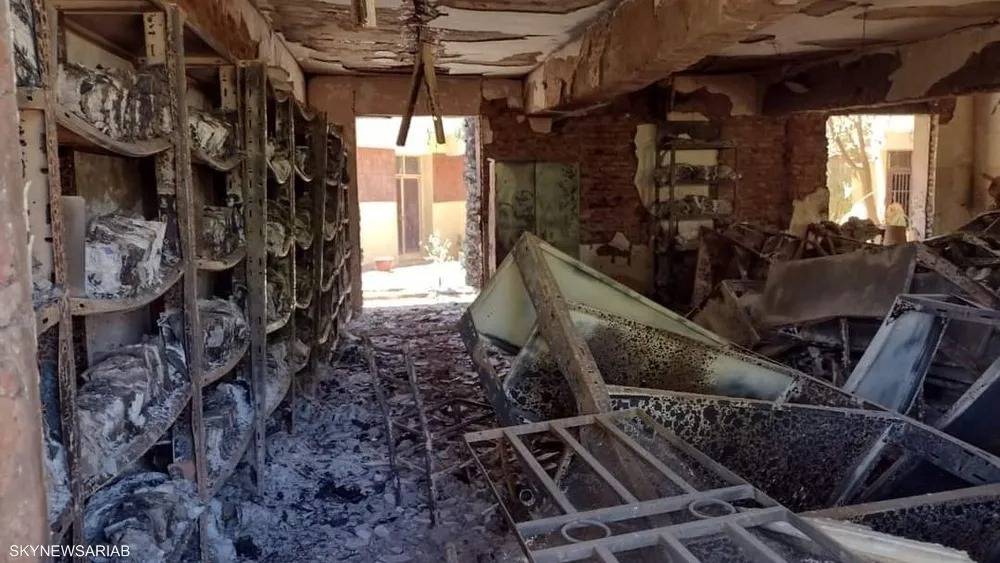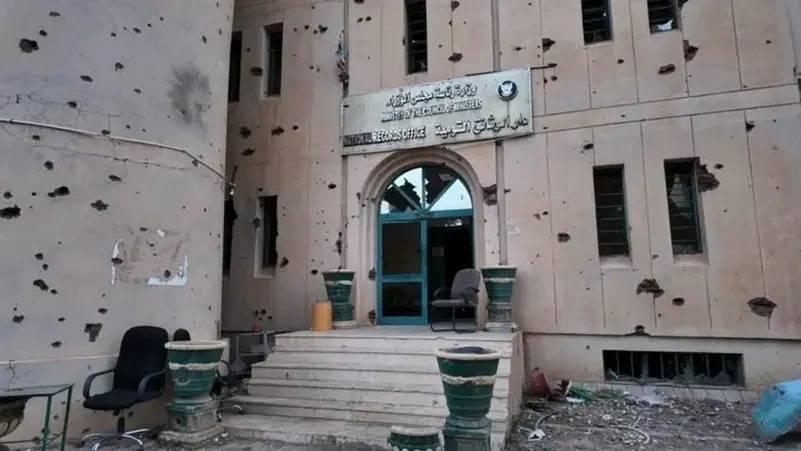
While the World Embraces AI, Sudanese Journalism Loses Its Memory in the Furnace of War
Sudanese Media Forum
Khartoum, May 4, 2025 (Al-Alq Center for Press Services) – As the world turns to embrace Artificial Intelligence and its applications across various fields, including journalism, Sudanese journalism faces a drastically different and tragic reality. Sudan has become a fierce battlefield where the lives of journalists are not only threatened by death and detention, but also where decades of hard-earned press archives are being destroyed, leaving a devastating void in the collective memory of the country. These archives, containing valuable editorial material and historical documentation, are now at risk of permanent loss in the absence of a strong culture of digital archiving, both on personal and institutional levels.
A Grim Reality for Sudanese Journalism:
While journalists across the world look to AI to improve their work, their Sudanese counterparts face existential threats. Reports from the Sudanese Journalists Syndicate and Reporters Without Borders illustrate the scale of the catastrophe:
More than 400 journalists have fled to neighboring countries.
At least 31 journalists have been killed by different warring parties.
No fewer than 17 others have been detained due to their professional work.
At least 10 Sudanese independent media outlets have reemerged in exile, mostly as digital platforms struggling under extremely difficult conditions.
Destruction of Institutional Memory:
The wars devastation has not spared the institutions themselves. Respected Sudanese media houses have seen their irreplaceable archives wiped out. Among the key sites affected:
Newspaper headquarters: looted and vandalized, leading to the loss of both paper and digital archives.
The National Records Office: the main repository of Sudan’s historical memory.
Sudan Radio Archives: a rich legacy of radio broadcasting and cultural production has been damaged.
This destruction reflects not just the brutality of the war but also the long-standing neglect of digital preservation practices, a failure that risks erasing generations of documentation and analysis.
Testimonies of Loss:
The report includes testimonies from Sudanese women journalists who have lost critical parts of their professional and personal archives. They describe profound grief as years of journalistic work and documentation vanished in moments.
Hawaa Rahma (journalist):
"What we have lost is priceless. Were talking about rare newspapers, research center archives, materials that are nearly impossible to retrieve. Even before the war, archiving was traditional and vulnerable. The war made it worse. Sensitive material on corruption and atrocities has been wiped out. Personally, I lost the archive of every newspaper I ever worked for. Its like losing a part of myself. Even what we stored on social media is now a security risk. I believe the loss was not accidental. Some of it was politically motivated, especially regarding the legacy of the former regime and sensitive human rights violations."
Amira Mahjoub (archivist at Al-Alq Center):
"As a journalist, I lost an invaluable archive. At Al-Alq Center, we archived thousands of clippings and stories from 2003 to 2022. I personally worked on digitizing over 4,000 paper clippings. The archive included rare collections, including volumes from the historic newspaper Al-Midan and a file on disability rights. All of this was lost when the center was looted. The culture of digital preservation is severely lacking in our institutions and in our personal habits."
Sumaya Al-Tabaji (journalist with Al-Ayam and others):
"I lost over 20 years of classified, categorized press work. This was not just a personal archive but a resource for researchers and readers. It documented major political, social, and economic shifts. Losing it felt like losing a child I had nurtured. We urgently need to embrace digital archiving, especially for print journalism."
Mashair Ramadan Hussein (journalist and human rights advocate):
"My archive shaped my identity. I worked at Al-Ayam, climbed the ranks, and later joined civil society work. My archive included handwritten notes from prominent editors, editorial agendas, letters from readers, and more. I stored both paper and digital versions at home, thinking they were safe. The war destroyed that illusion. That archive had my first published news story, first interview, and the editorial praise I received. It even had the agenda notebook with notes from our editorial meetings. All gone. I now try to rebuild my network from abroad. But the loss is immeasurable."
Amina Al-Nour (radio director and drama section deputy head):
"A book I was publishing and dozens of dramatic scripts vanished. The national radio headquarters was among the first sites occupied during the conflict. My personal library included academic papers, scripts, novels, and critiques. I had a radio drama book at the printer when it burned. All the recorded drama series I directed may be lost, stored on servers we no longer have access to."
These testimonies lay bare the tragedy facing Sudanese journalism. The loss is not individual but national. It threatens to erase a vital part of Sudan’s identity and history. This catastrophe calls for urgent efforts to build resilient, digital preservation systems that can withstand the challenges of war and displacement.
This report was prepared by Al-Alq Center for Press Services and published through the Sudanese Media Forum on the occasion of World Press Freedom Day to shed light on the status of journalism and journalists in Sudan.
#StandWithSudan




